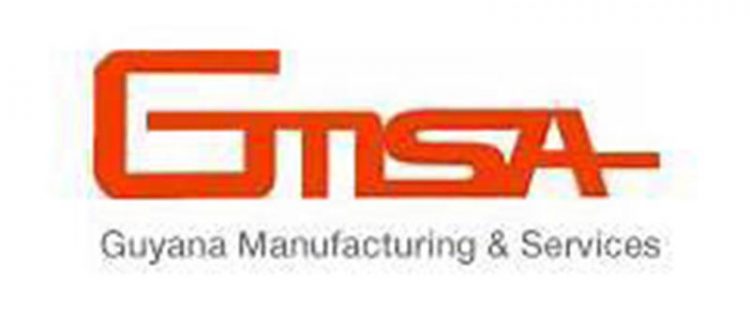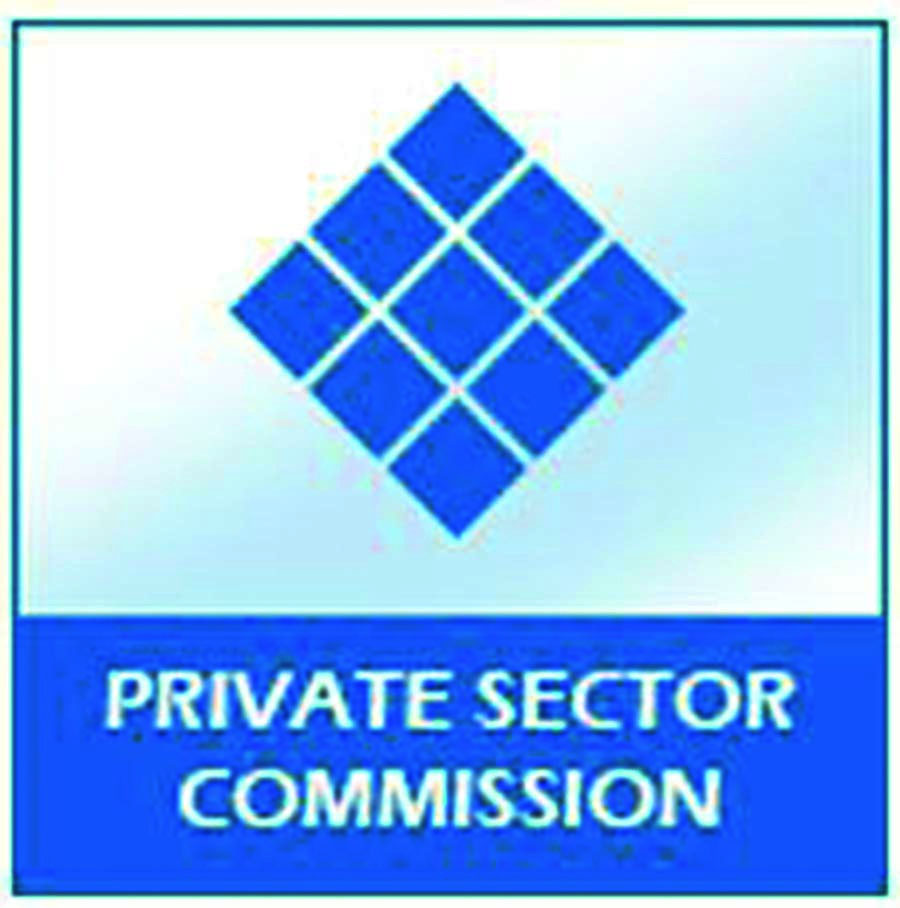Unsurprisingly, a number of private sector bodies, including the country’s leading Business Support Organizations (BSOs), last week backed the government’s decision to lift the national curfew put in place following the 2020 outbreak of the COVID-19 pandemic, though whether or not they are prepared stand behind the strictures that are likely to remain in order to ensure what is still the clear and present danger posed by the malady does not come back to haunt the country, is a question yet to be answered.
Government and the private sector have not always been as one on the question of ensuring that the requisite strictures are in place to help keep the pandemic at bay. Back in late 2020. the Private Sector Commission (PSC), one of the BSO’s that have backed the removal of the curfew, had criticised the state-appointed COVID-19 Task Force for singling out the Palm Court Restaurant on Main Street in downtown Georgetown, for what the Task Force had said was the establishment’s sustained indifference to the protocols relating to the opening and closing hours for places of entertainment. Indeed, the government itself had come under fire for what some observers had felt was its ‘going easy’ on selected business houses including the restaurant and bar.
 When the state-run COVID-19 Task Force had moved to reprimand the Palm Court, the PSC had stepped in, penning a scathing missive to the Task Force for daring to ‘call out’ the establishment for transgressing the curfew restrictions and had demanded that the Task Force explain its actions.
When the state-run COVID-19 Task Force had moved to reprimand the Palm Court, the PSC had stepped in, penning a scathing missive to the Task Force for daring to ‘call out’ the establishment for transgressing the curfew restrictions and had demanded that the Task Force explain its actions.
Last week the PSC hastily queued up behind the government’s decision to lift the across-the-board curfew which decision was attended by a pronouncement by President Irfaan Ali that the country’s fight against the pandemic had evolved over the past two years and that the curfew restrictions are no longer proven to be effective. Prime Minister Mark Phillips, who heads the National COVID-19 Task Force, has been directed to review the curfew.
In the wake of the official announcement that the curfew regimen had been set aside, the Guyana Manufacturing and Services Association (GMSA) also threw its weight behind government’s “amendments to the COVID-19 emergency measures,” asserting that “the lifting of the national curfew at this time had been preceded by work that had been done by the government in “monitoring and evaluating the impact of the pandemic in Guyana, thus resulting in the lift of the National Curfew at this time.” The GMSA also stated that the removal of the curfew had followed worldwide trends. It said in a statement that “vaccination coupled with responsible behaviors is considered to be the most effective way to fight this pandemic rather than lockdowns.”
While the lifting of the curfew is likely to bring a measure of relief to the business community, the GMSA has cautioned the manufacturing and services organisations and “the entire business community” to be cognizant of their actions in the battle to eliminate the COVID-19 pandemic. “We urge the citizens of Guyana to be responsible in their actions and behaviors going forward and to become vaccinated and to get booster shots where applicable so that we can curb the spread of this disease.”
Far from being misplaced, in the circumstances the GMSA’s caution appeared to seek to underscore the fact that sections of the general populace as well as the business community have frequently been indifferent to the curfews and other strictures, defying even police campaigns to ensure that business houses adhere to rules governing opening and closing hours and that citizens respect curfew rules. At times the government had also come under pressure over what was felt in some quarters to be a lack of decisiveness in the administering the protocols associated with trying to keep the pandemic in check.
The Palm Court Hotel, whose late night openings had become the subject of much public comment, welcomed the removal of the curfew asserting that the decision was “timely,” and that “since their election into office, the government has managed to tackle the spread of the deadly virus where adequate interventions were made to address both the economic impact and the health implications.” It noted that “the tourism entertainment and hospitality sector has been the most badly affected globally and in Guyana resulting in hundreds of businesses and employees being placed on the bread line.”






